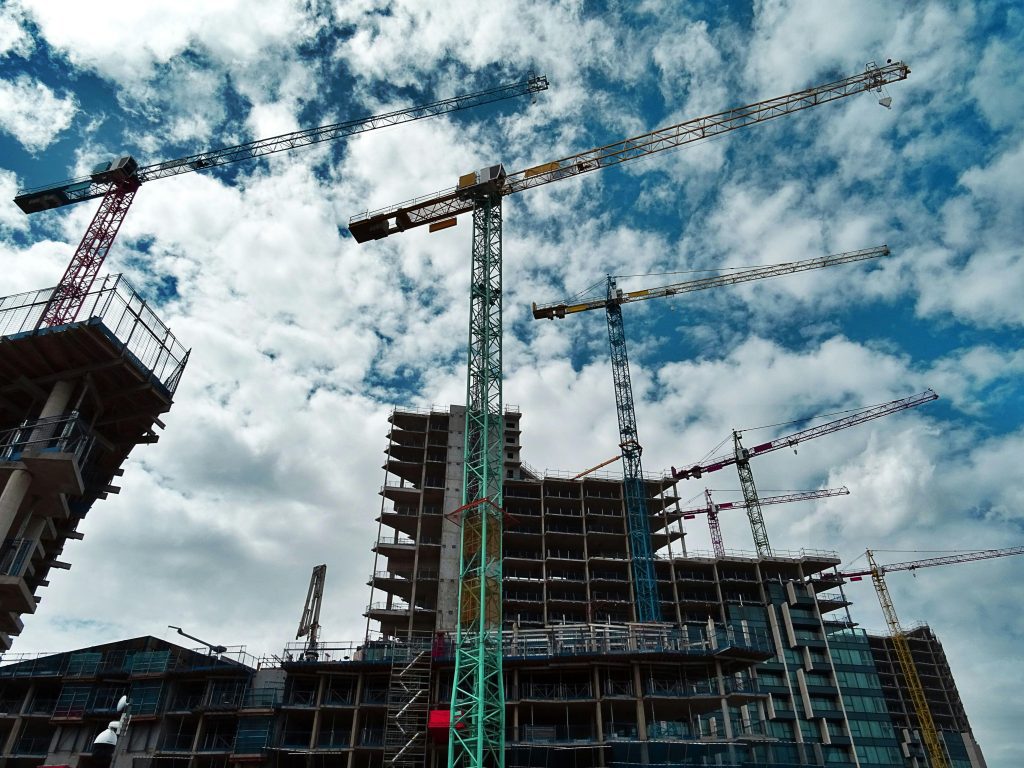Overview
Navigating the home buying process can be both exciting and overwhelming, particularly when it comes to understanding the various financial obligations involved. Among these obligations, mortgage closing costs and fees are often misunderstood. These expenses can add a significant amount to your overall costs, so it’s crucial to grasp what they entail and how they can impact your home-buying budget. This guide aims to clarify the intricacies of closing costs, helping you to approach your mortgage with confidence.
What Are Closing Costs?
Closing costs are the fees and expenses associated with finalizing a real estate transaction. They are typically due at the closing of the deal, which is the point where ownership of the property is transferred from the seller to the buyer. While the exact amount can vary widely based on several factors, including location and lender practices, closing costs generally range from 2% to 5% of the total loan amount.
Key Components of Closing Costs
Understanding closing costs requires breaking them down into specific components. These can generally be categorized into two groups: lender fees and third-party fees.
Lender Fees
- Origination Fee: This is a charge by the lender for processing your mortgage application. It can vary depending on the lender and the complexity of your loan but typically amounts to about 0.5% to 1% of the loan amount.
- Underwriting Fee: This fee covers the cost of evaluating your mortgage application and determining whether to approve it. It compensates the lender for the risk assessment performed by underwriters.
- Discount Points: Borrowers may choose to pay for discount points to lower their interest rate. One point is equivalent to 1% of the loan amount. While this can result in significant long-term savings, it does increase upfront costs.
Third-Party Fees
- Appraisal Fee: Lenders require an appraisal to assess the property’s value before approving the mortgage. The fee for this service can range from $300 to $700, depending on the property’s location and size.
- Title Insurance: This protects the lender and, in some cases, the buyer against any claims or disputes regarding property ownership. The cost can vary based on the property value and the insurance provider.
- Escrow Fees: These fees are associated with the management of the closing process, typically handled by a title company or an escrow agent. They ensure that all documents are signed and funds are properly disbursed.
- Recording Fees: Local governments charge these fees to officially record the new ownership of the property. They can vary widely depending on the jurisdiction.
Other Potential Costs
While the above components cover the majority of closing costs, there are other potential expenses that may arise:
- Home Inspection Fees: Although not always included in closing costs, a home inspection is a crucial step to identify any potential issues with the property before closing. This fee is typically paid upfront.
- Prepaid Costs: These can include prepaid property taxes, homeowner’s insurance, and mortgage interest. Lenders often require these costs to be paid at closing, which can add to your total amount due.
How to Estimate Closing Costs
To get a clearer picture of your closing costs, it’s advisable to request a Loan Estimate from your lender as early as possible in the process. This document will provide an itemized list of anticipated fees, helping you to budget effectively.
Keep in mind that these estimates can change. It’s essential to review your Closing Disclosure, which you’ll receive at least three days before closing. This document outlines your final costs, giving you a chance to address any discrepancies.
Strategies to Manage Closing Costs
Managing closing costs doesn’t have to be a daunting task. Here are some strategies to consider:
- Shop Around: Different lenders may offer varying fees and rates. Don’t hesitate to compare multiple Loan Estimates to find the best deal.
- Negotiate Fees: Some fees may be negotiable. It’s worth discussing potential reductions with your lender or asking the seller to cover some costs as part of the purchase agreement.
- Look for Assistance Programs: Many states and local governments offer programs to assist first-time homebuyers with closing costs. Research these options to see if you qualify.
Conclusion
Understanding mortgage closing costs and fees is essential for anyone looking to buy a home. By familiarizing yourself with the different components and estimating potential expenses, you can approach the closing process with greater confidence. While these costs may seem overwhelming at first, thorough research and strategic planning can help ensure that you are well-prepared for this important financial milestone. Remember, being informed is the key to making sound decisions in your home-buying journey.

